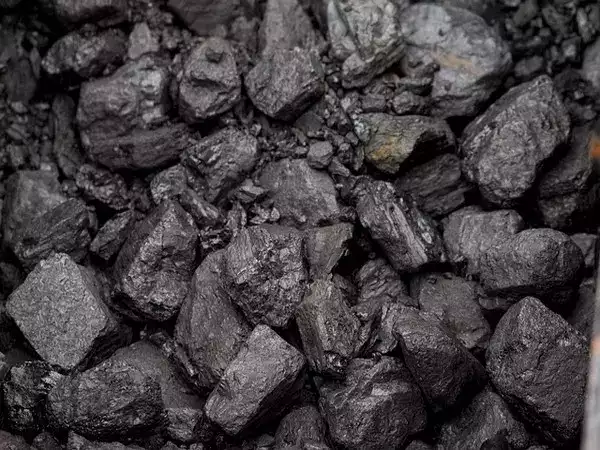
"Coal phase-down will be heavily dependent on the import of critical minerals required for renewable energy and battery storage unless the country invests in the development of technologies based on domestically available mineral resources and those that enable the reuse, recovery, and recycling of critical minerals," it explained.
It further said the adoption of gasification technology in India can transform the coal sector and bring down the dependence on import of natural gas, methanol, and ammonia, and will help lower emissions.
Coal, which accounts for 70% of the total electricity generation, is also a critical input in various industries, such as steel, sponge iron, cement, and paper.
"Adopting gasification technology in India can revolutionise the coal sector, reducing reliance on imports of natural gas, methanol, ammonia, and other essential products while reducing emissions," the Economic Survey 2023-24 said.
The Centre has launched several clean coal initiatives, including the coal gasification mission. The country is aiming to gasify 100 million tonnes of coal by 2030 through surface coal, lignite gasification projects.
Initiatives such as extracting coal bed methane gases, exploring coal to hydrogen, carbon capture and storage, and coal beneficiation through washeries can reduce emissions and enhance environmental sustainability.
"Encouragement to adopt super-critical and ultra-super-critical technologies for coal power plants has also led to lower emissions and higher efficiency," it said.
Coal accounts for more than 55% of India's primary commercial energy. Coal-fired power generation accounts for about 70% of the total power generation.
Disclaimer: The copyright of this article belongs to the original author. Reposting this article is solely for the purpose of information dissemination and does not constitute any investment advice. If there is any infringement, please contact us immediately. We will make corrections or deletions as necessary. Thank you.





